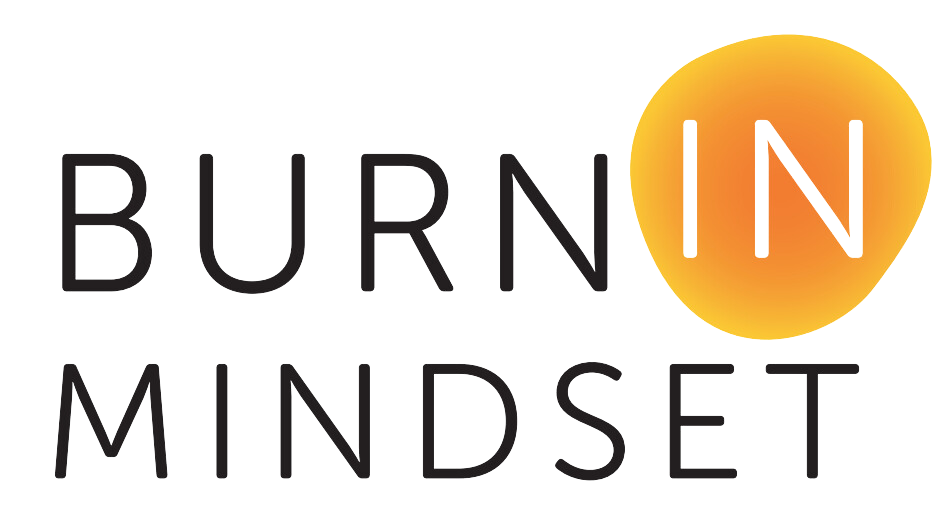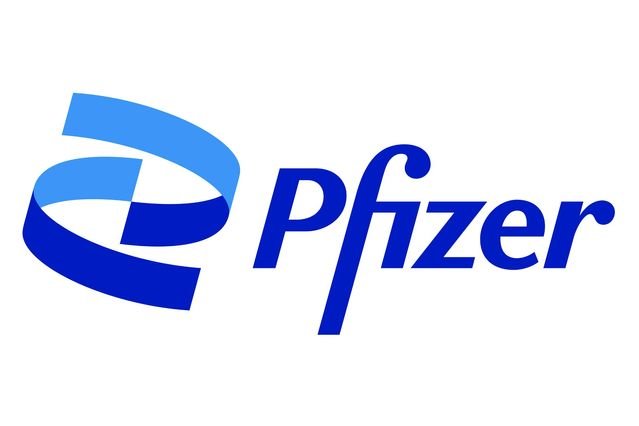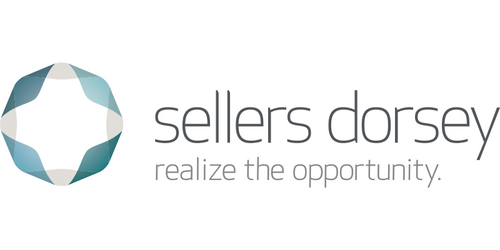
WE COACH
HIGH-IMPACT,
HIGH-INFLUENCE LEADERS.
Our scientifically supported approach equips leaders to sustain and replicate excellence in their networks.
Our evidence-based programs are rooted in positive psychology.
1:1 coaching for leaders is our signature service.
We also offer group professional development, speaking engagements, and behavior change programs.
BURN-IN MINDSET began as a burnout prevention program for educators.
In 2018, a superintendent in Memphis, Tennessee hired us to support one of his strongest principals. Five years later, that principal is the Chief Academic Officer, who oversees five schools. She continues to be a devoted Burn-in Mindset client.
We now coach over 1,000 educators in more than 50 schools nationwide. Our partner schools retain more administrators and teachers, which improves school culture and academic outcomes.
Our impact is undeniable, and our tools are transferable. As burnout surges across sectors, employers are realizing that best-in-class professional development prioritizes employee well-being.
That’s why we launched our Corporate Division, tailoring our content and programs for business leaders and executives. Our strategy has stayed the same: we coach high-impact, high-influence leaders so that they can sustain and replicate excellence in their networks.
LEADERSHIP
Julia King Pool is the Founder of Burn-in Mindset and a faculty member at the University of Pennsylvania.
She joined Teach For America in 2008 and started her career as a teacher in Gary Indiana, where she won Teach For America’s Sue Lehmann award. Over the next ten years, Julia gradually grew as a successful teacher and then principal. She won the 2013 DC Teacher of the Year; opened a new middle school for the highest performing charter network in Washington, DC; and led a turnaround school in Southeast DC.
While everyone was thinking about trauma-informed instruction and burnout, Julia wondered how some students and teachers were not only succeeding, but even thriving in these challenging environments. This question led her to get her Masters in Applied Positive Psychology at the University of Pennsylvania, where her dissertation research eventually became the backbone of the Burn-in Mindset Program. Julia expected to develop a student-facing program about well-being, but discovered that one of the best ways to teach well-being is to model it. She became convinced that one key to closing the achievement gap is keeping the best educators in schools and training them to prevent burnout, promote resilience, and model well-being. With that goal in mind, Julia developed the core Burn-in Mindset program and launched the company in 2018.
Dr. Jennifer Beatty-Wright is the Vice President of Intergroup Relations at Burn-in Mindset and and a tenure-track assistant professor in the department of Psychology and Child Development at California Polytechnic State University in San Luis Obispo.
Dr. Beatty-Wright earned her Ph.D. in Psychological and Brain Sciences from Washington University in St. Louis. Dr. Beatty-Wright also holds three master’s degrees: a Master of Applied Positive Psychology from the University of Pennsylvania, a Master of Science in Education from the University of Pennsylvania, and a Master of Arts in Psychological and Brain Sciences from Washington University in St. Louis.
Prior to beginning her PhD, she was a research coordinator for Wharton People analytics in support of the research of Adam Grant, Angela Duckworth, Cade Massey, and Matthew Bidwell. There, she supported research focusing on culture, careers, and character in various workplace contexts. She was also previously a Teach for America teacher and eventually a school administrator. Her dedication to education earned her the Rookie Teacher of the Year and Teacher Mentor of the Year awards. In Spring 2023, she was recognized as the Outstanding Assistant Instructor in Psychological and Brain Sciences at Washington University.
Dr. Beatty-Wright has extensive expertise in the psychological science of regulation, motivation, and intergroup relations. She translates this cutting-edge science into meaningful and tactical experiences for a range of audiences including, undergraduate and graduate students, teachers, leaders, and executives.
Paloma Tamminga is an Executive Coach and the Vice President of Burn-in Mindset’s Corporate Division.
Prior to joining the company, Paloma spent ten years working at an education technology company. When she joined, it was a start-up with 350 employees; by the time she left, that start-up had grown into a public company with over 3,000 employees and $1 billion in annual revenue. Paloma began her journey as the CEO’s Executive Assistant, moved into the Student Support Department, and then climbed the ranks within the Client Relationship and Business Management Department. She spent her last four years as the Vice President and General Manager responsible for approximately 10% of the company’s annual revenue.
Paloma is deeply familiar with fast changing and high growth corporate environments, and the impacts they have on employees–both positive and negative. Her strength for developing and growing her employees and mentees led her to executive coaching, where she devotes her time to supporting her clients’ growth, well-being, and success.
FAQ
-
Burn-in Mindset is a boutique firm that customizes service packages for each client. Our pricing varies depending on services provided. Email julia@burninmindset.com for pricing.
-
Therapy asks the question, “Why?” It focuses on unpacking experiences, emotions, and behaviors. Coaching asks the question, “What’s next?” It focuses on imparting the knowledge and skills necessary to face and surmount life’s challenges.
-
All 1:1 coaching sessions and check-ins are conducted remotely over the phone or Zoom.
-
In addition to individual coaching sessions, our programs include ongoing consulting to support the growth and development of employee well-being in service of increased performance (ex: professional development materials, newsletters, emails, and meeting agenda).
-
The program takes four to six weeks and is an efficient “booster shot” to address the symptoms of burnout. Clients schedule four, one-hour sessions and receive ongoing support through phone, text, and email during that time.
-
Julia King Pool founded Burn-in Mindset. Advised by Angela Duckworth, PhD and Claire Robertson Kraft, PhD, Julia co-authored a study on the mindsets of exemplar teachers in urban education. The paper was recognized with distinction by the university and became the inspiration for founding Burn-in Mindset. Prior to founding Burn-in Mindset, Julia worked in urban education for a decade. She helped to lead the opening of two public charter schools. She has also been an Instructional Leader for Teach for America’s summer institute and an elementary and middle school teacher in the public and public-charter schools of Los Angeles, Gary, Indiana, and Washington, DC.
Burn-in Mindset is informed by the latest research in the field of positive psychology. Since completing her graduate work, Julia has been teaching at the University of Pennsylvania, serving as the lead assistant instructor for Professor Martin Seligman, PhD (the founder of Positive Psychology) and a course on The Psychology and Neuroscience of Character for Professor Allyson Mackey, PhD.
-
Burn-in Mindset coaches are positive psychology experts with a decade or more of experience in their field.
-
The cost of the program is traditionally covered by the employer. Some organizations are able to use funds dedicated to well-being or professional development through their human resources department. Some schools have been able to use federal funding since burnout symptoms affect students and have increased since the pandemic.
-
Burn-in Mindset programs were designed based on research of high-performing, experienced educators. Though the skills taught can be used by less experienced professionals, the 1:1 coaching program is the best fit for teachers with a solid current teaching practice and seasoned business professionals. Additionally, leaders have more social capital and influence in their organizations and are able to spread and promote well-being more widely.
-
We acknowledge that sometimes people begin our program with hesitancy, but in the last four years, 100% of our clients shared they were grateful for the program, and that they would recommend it to a friend or colleague.
Instead of being just “one more thing,” Burn-in Mindset energizes clients and provides tools to support themselves and their networks. Our programs are intentionally short-term commitments, and clients find it easy to fit it into their schedules because sessions are available before, during, and after the work day.
-
Positive Psychology is the scientific study of the strengths that enable individuals and communities to thrive. For example, hope, grit, optimism, resilience, and love are concepts that are studied in positive psychology.
-
We work primarily with schools and corporations; however, we also work with non-profit organizations. If you work at a nonprofit and are interested in our services, please contact us.
-
Teaching is tied with nursing as the most stressful profession, and teacher turnover is at an all-time high, especially in under-resourced schools (Gallup, 2022). The National Commission on Teaching and America’s Future (2007) estimates that public school teacher turnover costs more than $7.3 billion per year.
What’s more, adult burnout has a negative impact on kids. According to a longitudinal study, elementary school teachers who showed more symptoms of depression created classroom environments that were less conducive to learning and contained students with the lowest rate of achievement (McLean & Connor, 2015). Teacher stress can lead to poor teacher performance as well as poor student outcomes. Concerns about burnout, including its effect on students, have only increased since the pandemic.
-
Employee burnout costs corporations $322 billion annually in lost productivity (Gallup). The problem isn’t simply about being overworked – top performers have extremely high capacity. Instead, they lack practical, evidence-based strategies for understanding and responding to the cycle of cynicism, emotional exhaustion, and self-doubt that leads to lost productivity and resignation. Our coaches break this cycle and establish new, sustainable patterns in confidential, 1:1 conversations scheduled at the client’s convenience.
Burn-in clients come to work with renewed energy, authentic optimism, and a confidence that challenges are within their capable control. Best of all, the dividends are not just individual: Research has shown that improving employee well-being can boost company performance by 11-55% (Aon).





































































